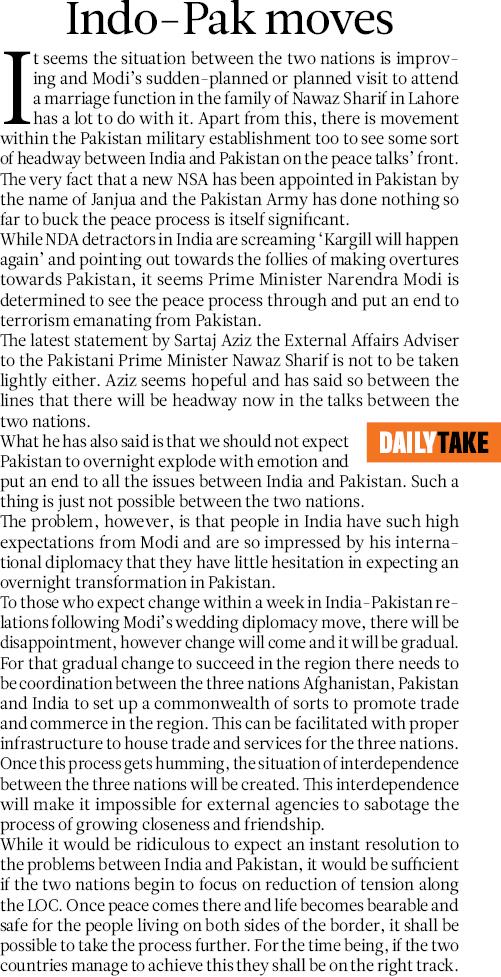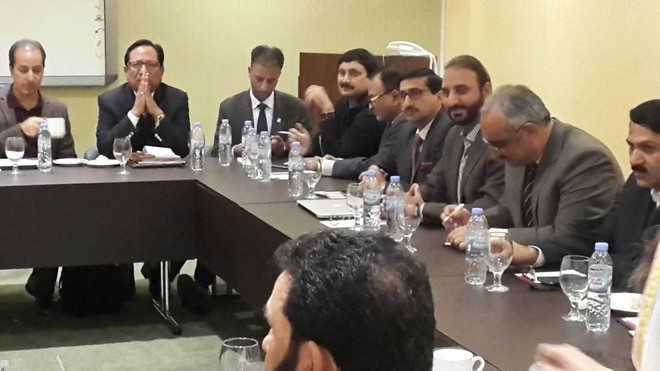DDCA CONTROVERSY The twin proceedings that Jailey has charged Kejriwal with are unheard of in most parts of the world
NEW DELHI: Finance minister Arun Jaitley may have accused Delhi chief minister Arvind Kejriwal of slander, invoking both civil and criminal jurisdiction to defend himself from corruption charges, but the twin proceedings are unheard of in most parts of the world.
Unlike many countries in the West and some near home, such as Sri Lanka, defamation in India is both civil and criminal offence. One can take recourse when defamed either by words spoken or in writing. When spoken, it amounts to slander and if printed, it is libel.
Under the civil law, the person defamed can move either the high court or trial court and seek damages in the form of monetary compensation from the accused. The remedy sought is covered under the Law of Torts, a rare and slow course of relief witnessed in India.
On the other hand, the Indian Penal Code gives an opportunity to the defamed individual to also move a criminal court, asking the latter to take cognizance of his complaint. It’s a bailable, non-cognizable and compoundable offence, which means no police can register a case and start investigation without the court’s permission.
Under sections 499 and 500 of the IPC, a person found guilty can be sent to jail for two years. The Supreme Court has already reserved its verdict on a clutch of petitions challenging the constitutional validity of the two penal provisions.
Since the law is compoundable, a criminal court can drop the charges if the victim and the accused enter into a compromise to that effect (even without the permission of the court).
CONDITIONS TO BE SATISFIED IN CIVIL SUIT
Law defines defamatory content as one “calculated to injure the reputation of another by exposing him to hatred, contempt or ridicule.” This is the first condition required to be fulfilled under the civil remedy.
Second, the claimant should be identified in the defamatory statement. It must address a particular person and no broad based classification is acceptable.
And lastly there must be publication of the defamatory statement in either oral or written form. A civil defamation law would stand once these conditions are attained. The defendant then has to plead his defense.
CONDITIONS TO BE SATISFIED UNDER CRIMINAL LAW
In a criminal suit, the complainant should be able to prove the accused intended to defame him. In the absence of intention it must be established that the alleged offender had knowledge that the publication was likely to defame the person. Normal stand of proof in criminal cases, which is to prove the offence beyond reasonable doubt, should also be placed before the court.




















































































































